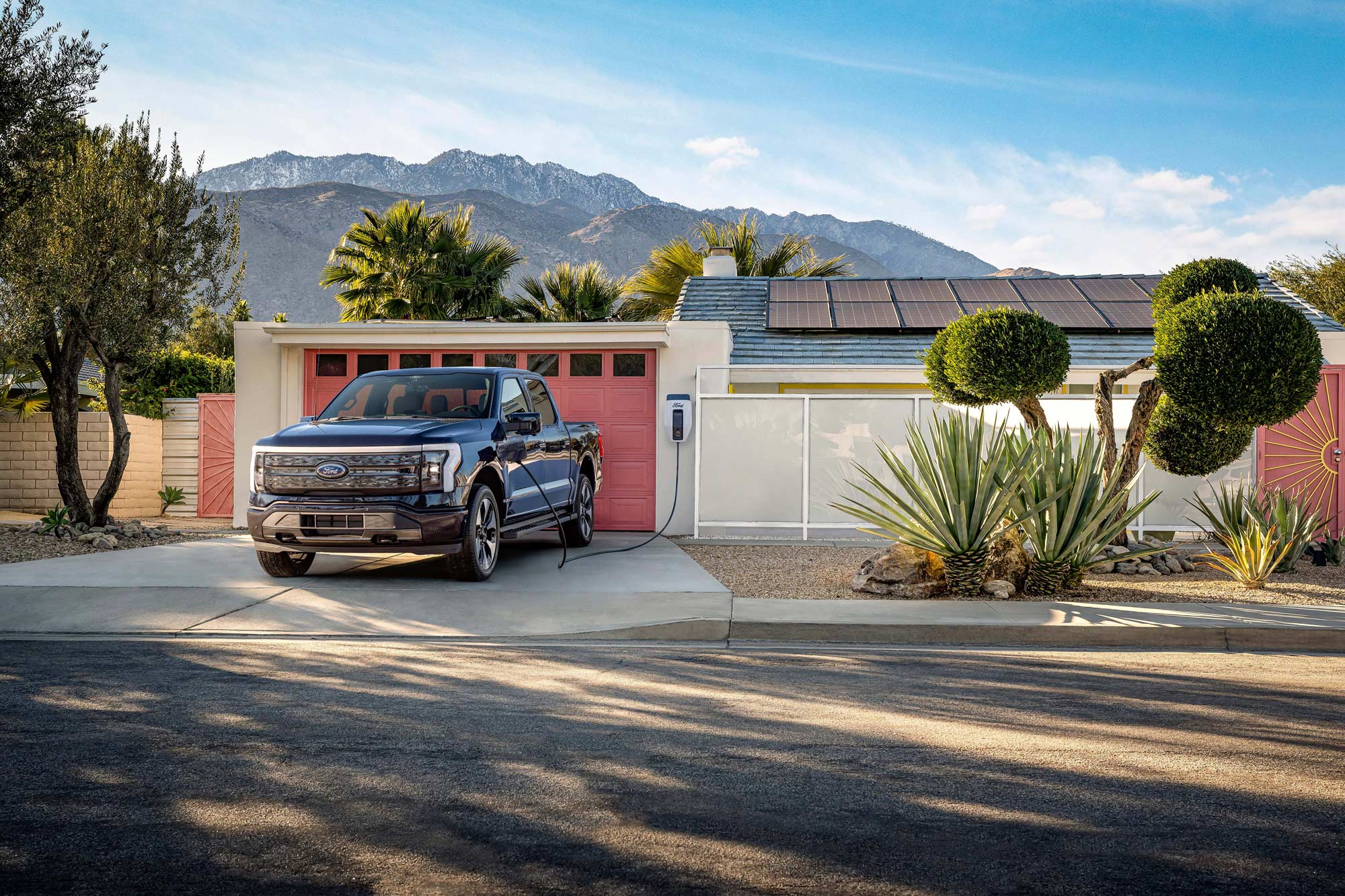How Do Federal and State Incentives for EVs Work? Updated for 2024
Take advantage of tax credits to make your new electric-vehicle purchase more affordable.
 Ford
Ford
QuickTakes:
Taking advantage of the federal government's up-to-$7,500 electric-vehicle tax credit got a lot easier in 2024, as long as you are after one of the handful of models that still qualify.
Instead of waiting to claim the tax credit the following year, beginning Jan. 1, 2024, consumers can now transfer their federal tax credit back to the dealer. This will lower the point-of-purchase vehicle price by providing consumers with an up-front payment of up to $7,500 for qualifying new vehicles and $4,000 for used cars.
The downside to this tweak is that fewer vehicles are on the list of vehicles that may qualify for the incentives.
What Is the EV Tax Credit?
An electric-vehicle tax credit is money you get back from the government after you purchase a qualifying new electric vehicle. Fuel-cell vehicles (FCV), as well as plug-in hybrid electric vehicles (PHEV) and full battery electric vehicles (EV), are eligible for federal tax credits. Still, the amount will vary based on criteria such as battery capacity, critical mineral requirements, and battery component requirements. The minimum credit is $2,500, maxing out at $7,500.
Beginning in 2023, used cars costing less than $25,000 that are purchased from a qualified dealer may also qualify for a credit of 30% of the sale price up to a maximum of $4,000.
In practice, the credit now works like an instant rebate.
The credit has some stipulations about how the vehicle will be used, and there are income limits that restrict who may qualify.
Fewer Cars Now Qualify for Federal Credits
The requirements for 2024 have tightened significantly — as they were designed to do when the law was passed — including specifics related to the vehicle's battery capacity, gross vehicle weight rating, its point of final assembly, and where the critical minerals in its battery were sourced. Additionally, the vehicle's manufacturer's suggested retail price needs to be $80,000 or less for trucks, SUVs, and vans and $55,000 or less for all other vehicles.
As of Jan. 1, 2024, only certain versions of these fully electric vehicles qualify for either partial or full credit:
- Ford F-150 Lightning
- Rivian R1S
- Rivian R1T
- Tesla Model 3
- Tesla Model X
- Tesla Model Y
A handful of plug-in hybrids qualify for partial or full credits, too, including:
- Chrysler Pacifica Hybrid
- Ford Escape Plug-In Hybrid
- Jeep Grand Cherokee 4xe
- Jeep Wrangler 4xe
- Lincoln Corsair Plug-In Hybrid
It's possible that this list will change as automakers revise batteries in order to qualify for the rebate. Check the
States May Offer Additional Credits or Rebates
On top of a potential $7,500 federal tax credit, some states offer credits and rebates for purchasing an EV and installing an at-home charging station. For example, Connecticut offers a reduced vehicle registration fee and provides up to a $4,250 rebate on buying a new EV, while Colorado offers as much as $7,500. Other states, such as Indiana, offer EV owners special time-of-use electric charging rates.
Discovering all the eligible EV credits requires some research. The National Conference of State Legislatures



